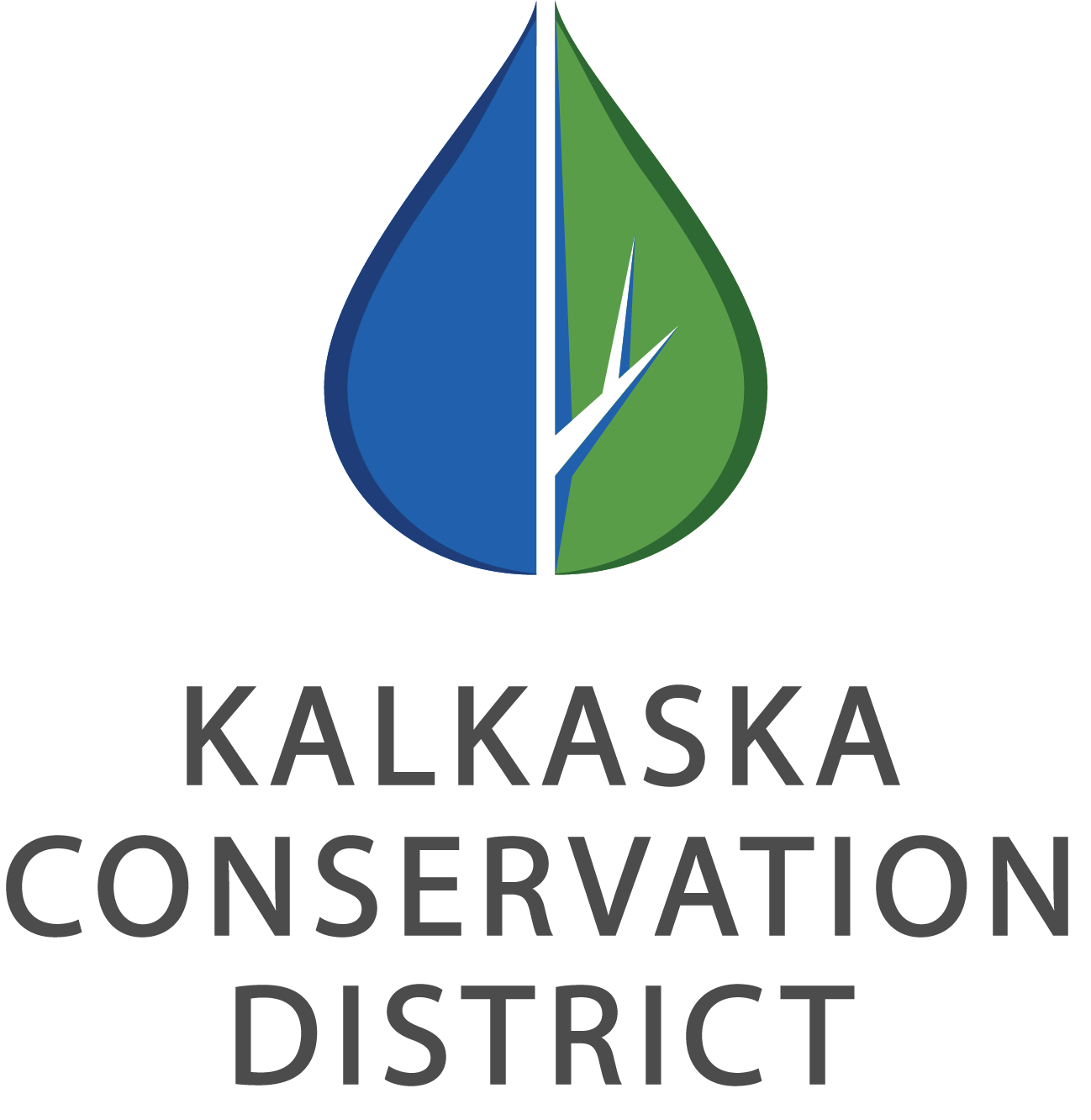Natural Resources Conservation Service (NRCS)
What is NRCS?
NRCS's natural resources conservation programs help people reduce soil erosion, enhance water supplies, improve water quality, increase wildlife habitat, and reduce damages caused by floods and other natural disasters. NRCS works with conservation districts to implement the programs either through financial or technical assistance.
Programs
Environmental Quality Incentives Program (EQIP)
This is a voluntary conservation program that helps producers make conservation work for them. Together, NRCS and producers invest in solutions that conserve natural resources for the future while also improving agricultural operations.
Through EQIP, NRCS provides agricultural producers with financial resources and one-on-one help to plan and implement improvements, or what NRCS calls conservation practices. Using these practices can lead to cleaner water and air, healthier soil, and better wildlife habitat, all while improving agricultural operations. NRCS will co-invest in these practices with you, This voluntary program of conservation practices and NRCS co-invests in these practices with you.
Conservation Stewardship Program (CSP)
Our Conservation Stewardship Program (CSP) helps you build on your existing conservation efforts while strengthening your operation. Whether you are looking to improve grazing conditions, increase crop resiliency, or develop wildlife habitat, we can custom design a CSP plan to help you meet those goals.
We can help you identify natural resource problems in your operation and provide technical and financial assistance to solve those problems or attain higher stewardship levels in an environmentally beneficial and cost-effective manner. For example, we can look at ways to address the amount of soil lost; mitigate the impact of excess water; reduce the contribution of agricultural operations to airborne soil particles and greenhouse gas emissions; improve the cover, food, and water available for domestic and wildlife species; or promote energy efficiencies for on-farm activities. If you are already taking steps to improve the condition of the land, chances are CSP can help you find new ways to meet your goals.
Agricultural Conservation Easement Program (ACEP)
The Agricultural Conservation Easement Program (ACEP) helps landowners, land trusts, and other entities protect, restore, and enhance wetlands, grasslands, and working farms and ranches through conservation easements.
Under the Agricultural Land Easements component, NRCS helps American Indian tribes, state and local governments and non-governmental organizations protect working agricultural lands and limit non-agricultural uses of the land. Under the Wetlands Reserve Easements component, NRCS helps to restore, protect and enhance enrolled wetlands.
Conservation Technical Assistance (CTA)
A voluntary conservation program where technical information is provided to a landowner without and financial assistance to address a resource concern. Together, NRCS and producers invest in solutions that conserve natural resources for the future while also improving agricultural operations.
Contact your District Conservationist
For more information please contact Ryan Wysocki, District Conservationist to schedule a site visit. Ryan can be reached at 989-732-6526 ext 3 or by email at ryan.wysocki@usda.gov .
Visit farmers.gov for other program information!
Non-Discrimination Policy: The U.S. Department of Agriculture (USDA) prohibits discrimination against its customers, employees, and applicants for employment on the basis of race, color, national origin, age, disability, sex, gender identity, religion, reprisal, and where applicable, political beliefs, marital status, familial or parental status, sexual orientation, or all or part of an individual’s income is derived from any public assistance program, or protected genetic information in employment or in any program or activity conducted or funded by the Department. (Not all prohibited bases apply to all programs and/or employment activities.)


